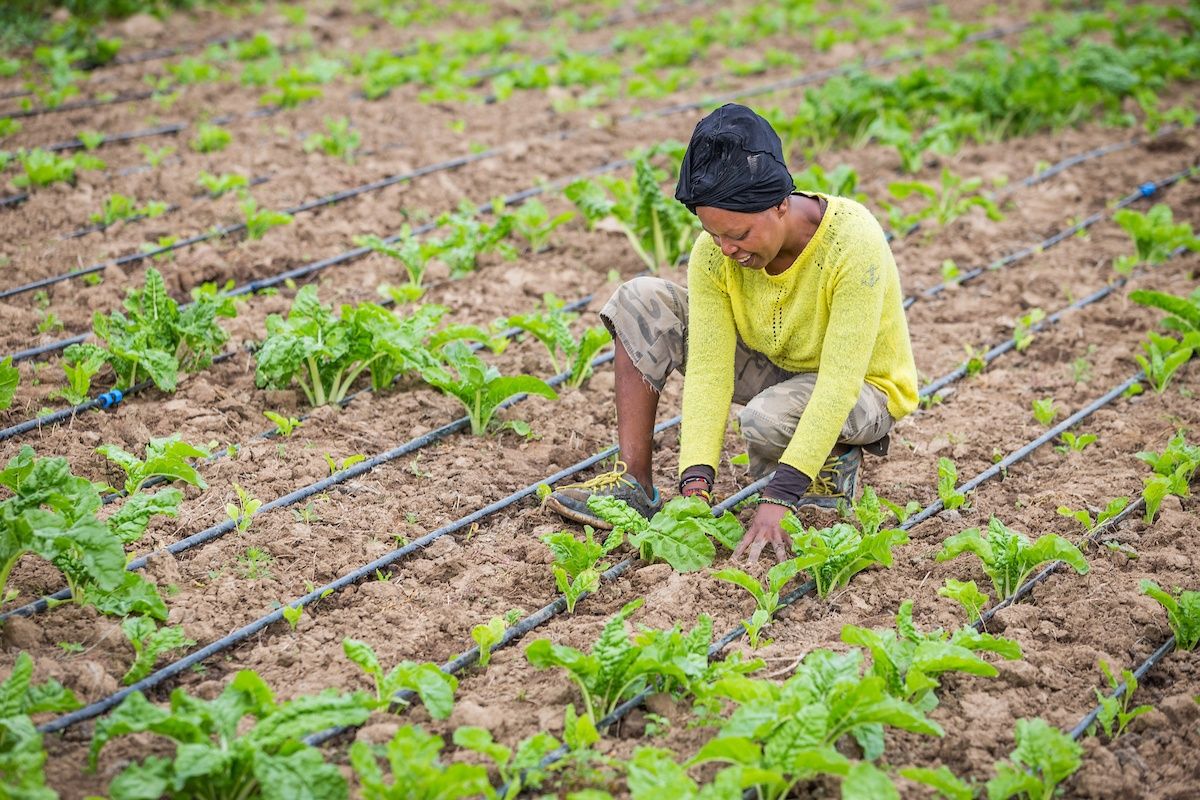Revolutionizing Farming Practices for a Sustainable Future
In a strategic partnership aimed at enhancing food security and sustainable farming practices in Kenya, the British International Investment (BII) and Shell Foundation have committed $2.6 million towards supporting 9,000 smallholder farmers. This transformative initiative seeks to increase farmland productivity by leveraging innovative solutions provided by Kenyan company SunCulture.
Addressing Food Insecurity Challenges
With approximately 2.8 million people in Kenya facing food insecurity, exacerbated by the impact of climate change on agricultural productivity, BII and Shell Foundation recognize the urgency to address these challenges. SunCulture, a Kenya-based company specializing in solar-powered irrigation systems, emerges as a key player in this transformative venture.
Strategic Investment: Fueling Sustainable Agriculture
BII and Shell Foundation's collaborative investment involves injecting $2.1 million and $0.5 million, respectively, into SunCulture. This financial support aims to empower smallholder farmers, enabling them to adopt climate-smart irrigation practices that promise increased productivity, income, and resilience to climate shocks.
Key Objectives: Harnessing Carbon Credits for Innovation
The partnership's design and financing facility focus on enabling SunCulture to unlock the future value of carbon credits. This innovative approach aims to lower the upfront cost of climate-smart irrigation products. SunCulture's offerings include year-round farming opportunities, significant time savings for farmers, and enhanced resilience to climate shocks.
Anticipated Impact: A Paradigm Shift in Farming
SunCulture anticipates a substantial reduction, between 25-40%, in the cost of solar irrigation pumps through carbon monetization. This reduction is expected to broaden SunCulture's market reach, making clean irrigation solutions accessible to a larger population of farmers in East Africa.
Financial Structure: Repayment through Carbon Credits
The facility's financial structure involves repayment through the future sales of carbon credits. BII assumes the risk associated with future carbon credit prices, demonstrating a commitment to fostering sustainable practices in volatile carbon markets.
Leadership Perspectives: Innovation for Climate Solutions
Samir Ibrahim, CEO of SunCulture, emphasizes the innovative structure's potential to maximize value for low-income customers. BII CEO Nick O’Donohoe underscores the vital role in supporting sustainable farming practices, emphasizing the goal of improving productivity, resilience, and food security in Kenya.
Future Initiatives: Scaling Impact through Collaboration
The investment marks the first transaction under the Memorandum of Understanding (MOU) between BII and Shell Foundation. The strategic collaboration aims to provide up to $245 million in blended finance and co-investment products. This initiative seeks to remove barriers hindering early to mid-stage businesses in the agri-energy and decentralized renewable energy sectors.
Supporting Sustainable Development Goals (SDGs)
Aligned with the Africa Green Industrialisation Initiative (AGII) launched at COP28, this investment contributes to several United Nations Sustainable Development Goals. Notably, it aligns with SDG2 (Zero Hunger), SDG7 (Affordable and Clean Energy), and SDG13 (Climate Action).
BII and Shell Foundation's investment in SunCulture represents a pivotal step towards sustainable agriculture in Kenya. By harnessing innovative financial models and technology, this collaboration promises to empower smallholder farmers, foster climate-smart solutions, and contribute to a more resilient and prosperous agricultural sector in Africa.




